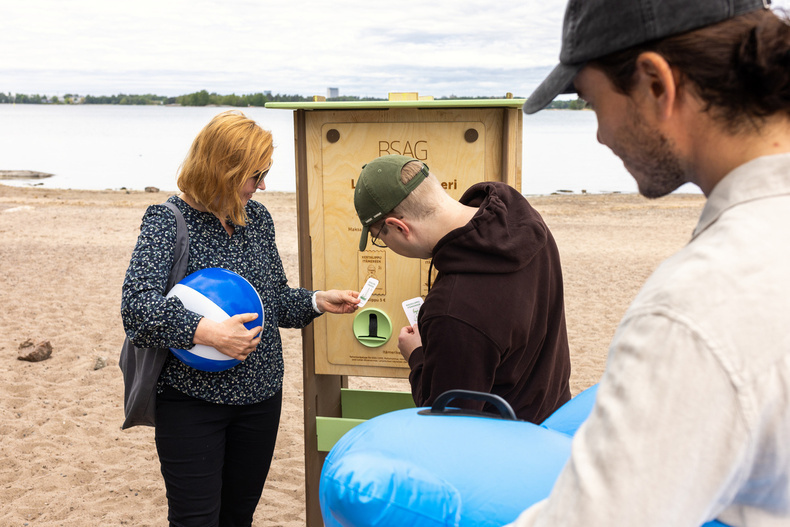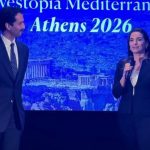The shallow and fragile Baltic Sea is facing a dire challenge in pollution, dipping oxygen levels and blue-green algae blooms. In response Baltic Sea Action Group (BSAG) introduced a groundbreaking initiative: ‘Sea Tickets’ – a new way to care for our sea.
We are used to buying admission tickets for swimming pools, ferries, or even roads. These ticket revenues help maintain our shared infrastructure. Why wouldn’t we also participate in maintaining the well-being of the sea?
BSAG introduced Baltic Sea ticket machines that toured the most popular beaches and largest coastal cities in Finland throughout the summer. The idea was to catch people when they were actually enjoying the sea: for example swimming, boating or fishing. The campaign achieved a 93% increase in the number of private donors compared to the previous BSAG’s campaign.
The agency behind the creative idea is TBWA\Helsinki
“The Baltic Sea holds significance for the Finnish people in many ways. We have tens of thousands of lakes, but only one sea. Over 40% of Finns live in the coastal zone of the Baltic Sea. These were the people we wanted to reach”, says Mikko Kaivo-oja, creative director of the project.
Sea enthusiasts had the option to purchase either single-day or seasonal tickets through an integrated donation mechanism through Scandinavia’s most popular payment app. Tickets were also available for purchase online and directed audiences to learn more about marine conservation.
Both the machines and tickets were eco-friendly and made from recyclable materials. The design of the ticket machines embodies environmentally friendly values. Made from multiple components, these ticket machines were easily portable and designed for long-term reuse.
The campaign attracted wide media attention throughout the summer, making articles in major newspapers, airing on national radio channels, and featuring on TV morning shows. Earned media gained an impressive reach of over 10 million (Finland’s population being 6 million), with an earned media value exceeding 100,000 €.
The program’s success not only made an outstanding impact and raised a significant amount of money for marine conservation but also holds the potential for replication in coastal cities worldwide.





